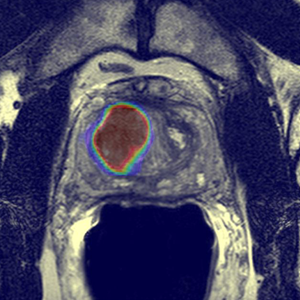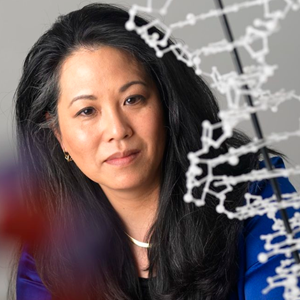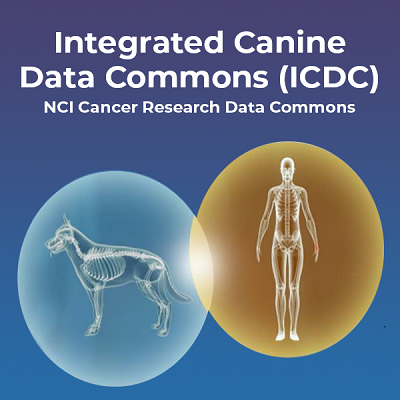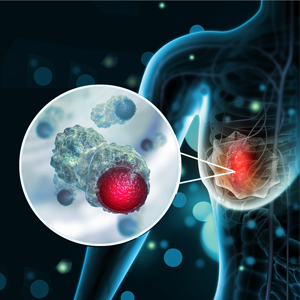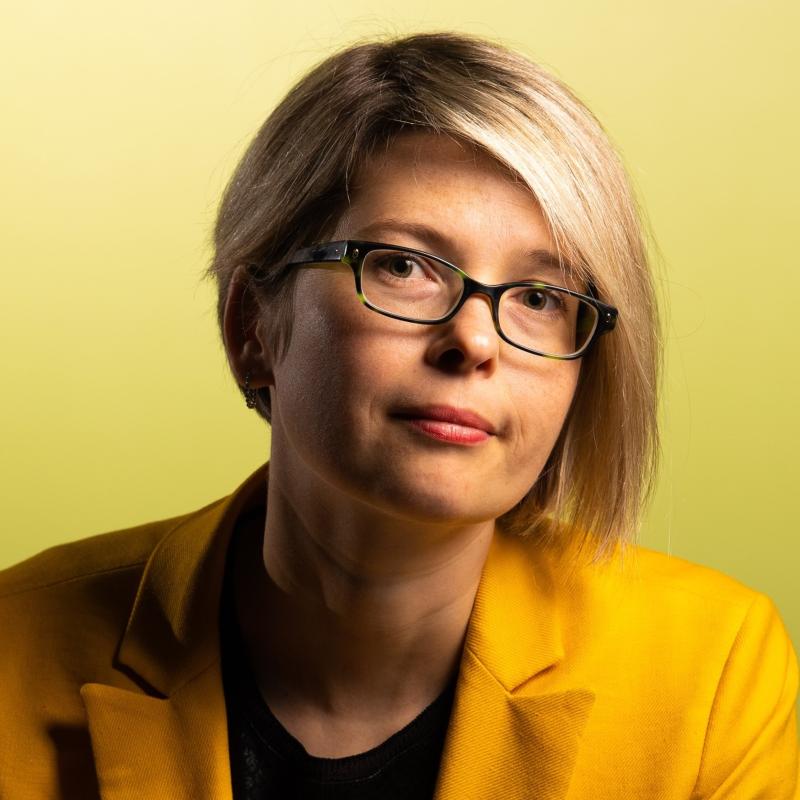Cancer Data Science Pulse
Artificial Intelligence
Categories
- Data Sharing (66)
- Informatics Tools (42)
- Training (40)
- Precision Medicine (36)
- Data Standards (36)
- Genomics (36)
- Data Commons (34)
- Data Sets (27)
- Machine Learning (25)
- Artificial Intelligence (25)
- Seminar Series (22)
- Leadership Updates (14)
- Imaging (13)
- Policy (10)
- High-Performance Computing (HPC) (9)
- Jobs & Fellowships (7)
- Semantics (6)
- Funding (6)
- Proteomics (5)
- Information Technology (4)
- Awards & Recognition (3)
- Publications (2)
- Request for Information (2)
- Childhood Cancer Data Initiative (1)

![[9:15 AM] Richardson, Alexandra (NIH/NCI) [C] Globe is surrounded by a network of lines and dots showing how the earth is interconnected.](/sites/default/files/2023-12/ACTsProgramBlogWeb_300x300.png)
